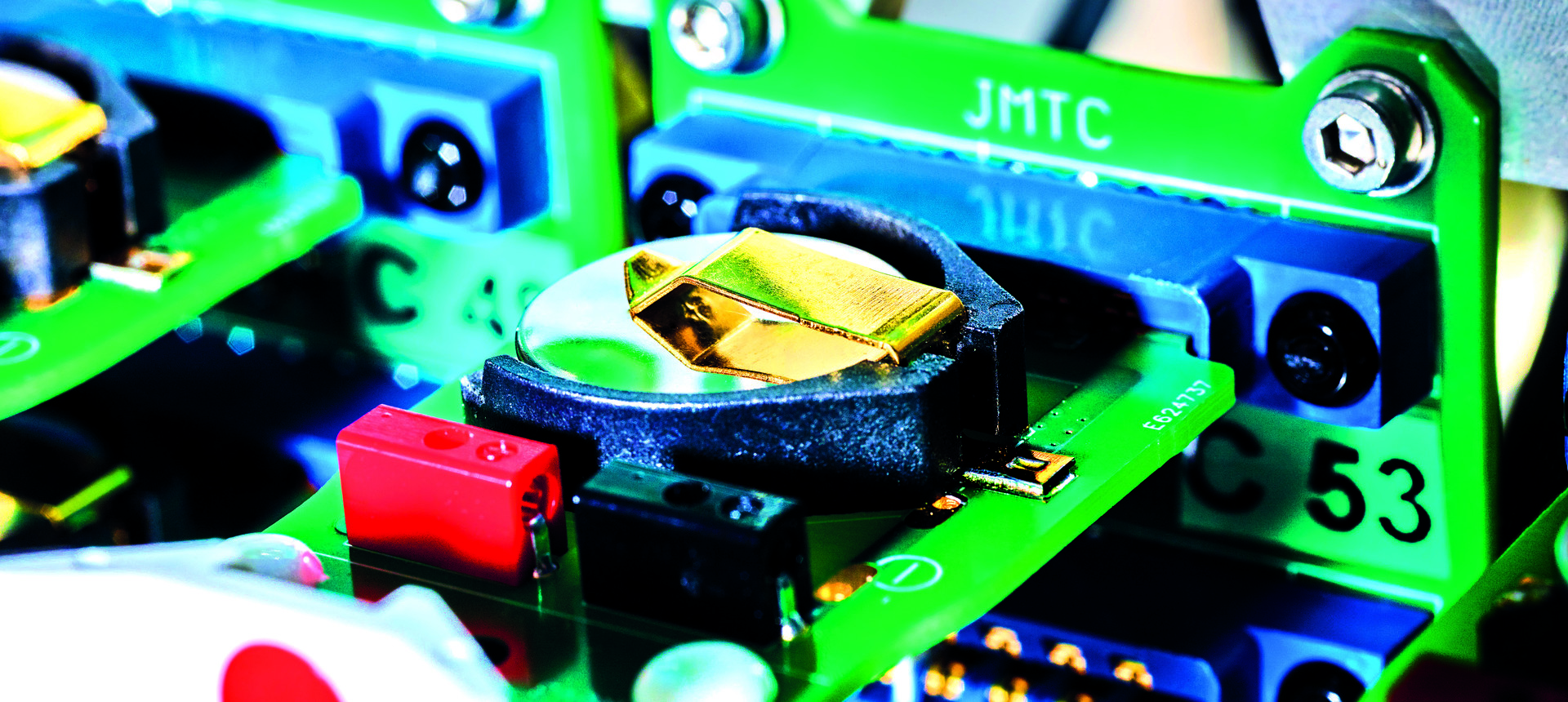60+
years' developing electrochemical technology
1839
Our platinum electrodes were used for the first demonstration of the electrochemical fuel cell effect by William Grove
We've built expertise in electrochemical technology since the 1950s when we supplied electrocatalysts to NASA for alkaline fuel cells that were used to power its space programme. We’re now using that electrochemical knowledge in a wide range of sustainable technologies to enable the decarbonisation of transport and energy.
What is electrochemistry?
Electrochemistry relates to the study of chemical changes that can be produced by electricity, or the generation of electricity by a chemical change. In electrochemistry, electricity can be generated by a redox (reduction-oxidation) reaction where electrons transfer from one reactant to another, or the electricity can force the movement of electrons causing a chemical change.

How do we use electrochemistry at JM?
As one of our core capabilities, we use electrochemistry in a wide range of sustainable technologies including fuel cells and green hydrogen.
Fuel cells
Fuel cells are another example of electrochemical energy generation needed for clean energy and clean transport. Hydrogen fuel cells generate power without releasing any harmful emissions or particulates, as the only byproduct of the process is water. We supply a range of components that drive performance in a fuel cell including membrane electrode assemblies (MEAs) and catalyst coated membranes (CCMs).
Green hydrogen
Green hydrogen production uses renewable electricity, such as wind or solar, to split water into hydrogen and oxygen, without generating harmful emissions. We design and manufacture high performance catalyst coated membranes (CCMs), which sit at the heart of proton exchange membrane (PEM) and anion exchange membrane (AEM) electrolysers.
Creating chemicals
We also use electrochemistry to plate a thin layer of metal onto a substrate, for example we apply anti-corrosion protective coatings to components used in high temperature and harsh environments. Using electrochemical techniques, we measure, probe, model and study materials in detail to understand structures, device behaviours, alloy behaviour, reaction mechanisms and corrosion. We can predict how different material compositions will behave, make improvements and turn them into useable products.
Meeting market requirements
Our customers have specific requirements so they can deliver the qualities consumers want such as longer range, faster refuelling, and lower cost. This means that our products need high energy density, fuel efficiency, product lifetime, reduced cost, system simplicity and compactness. Each of these translate into specific technical improvements required in the electrode, catalyst, membrane and gas diffusion layer. Yet because we have a deep understanding of the interaction of materials and electrocatalysts, we know how the systems react in real life applications.

